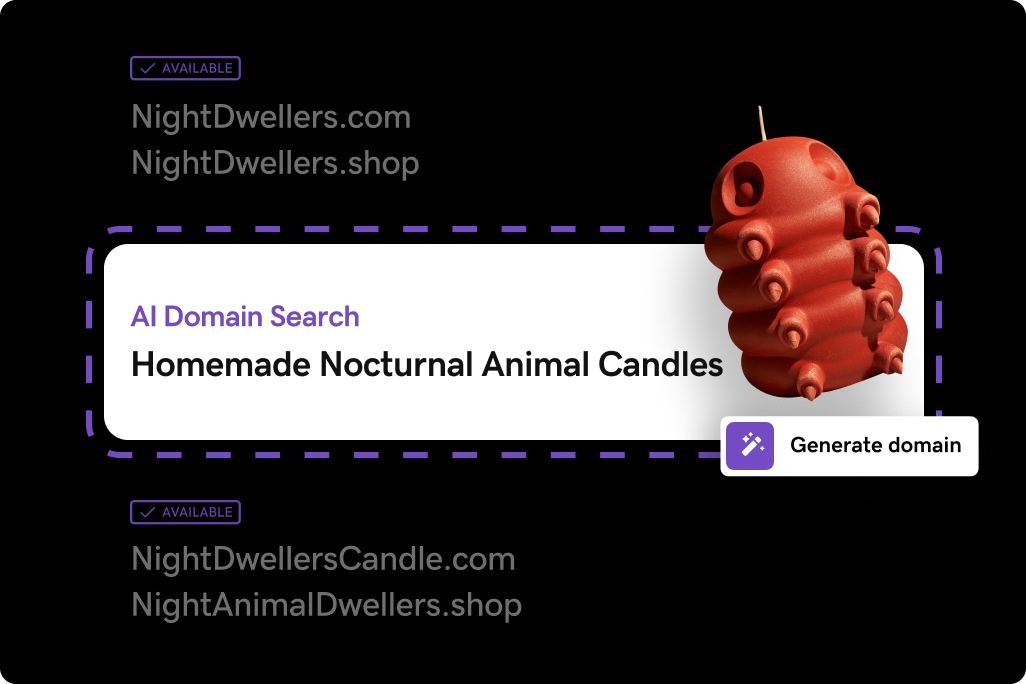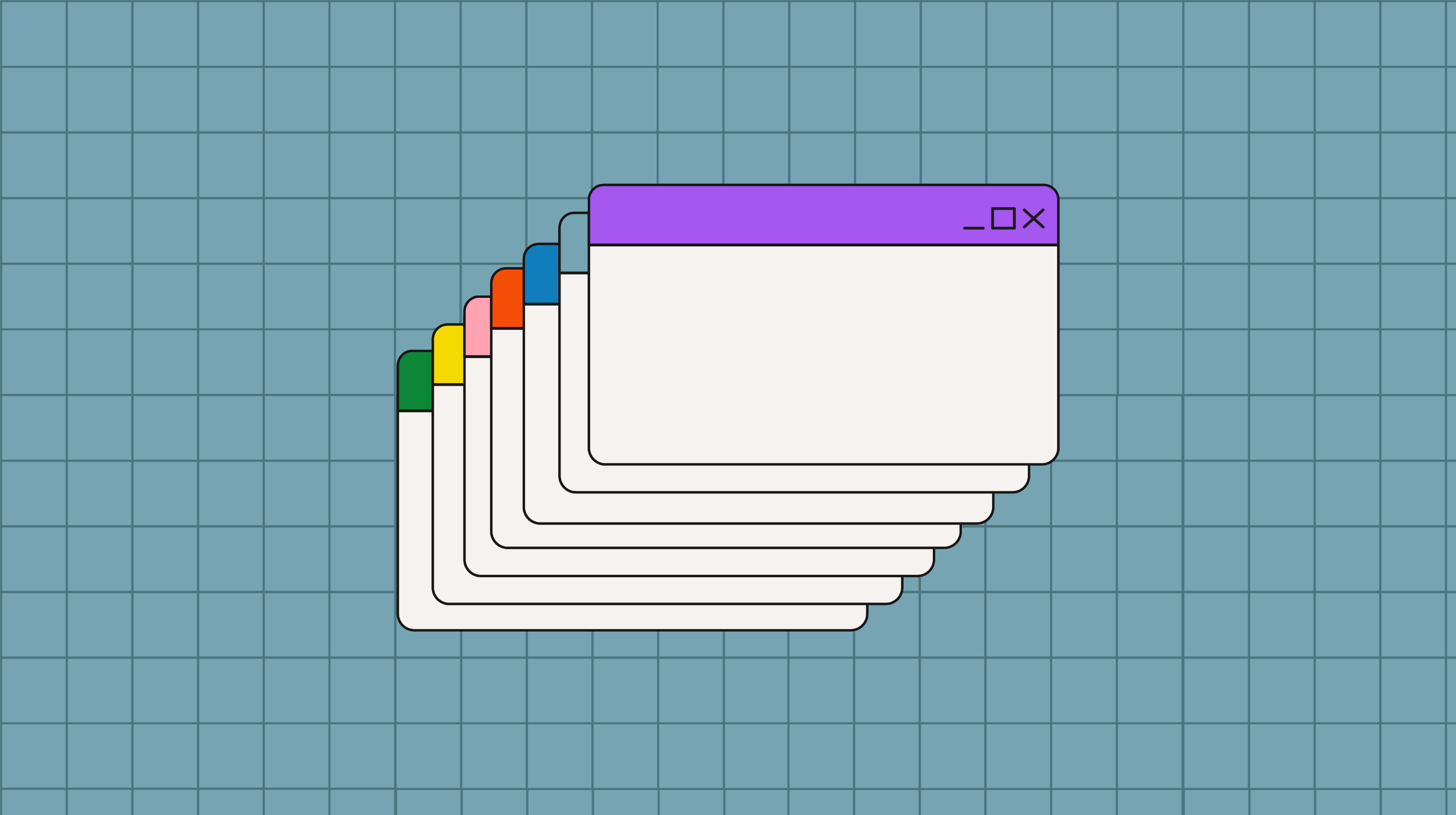Deciding how to price your domain names is complex, but can pricing psychology influence how many domains you sell every year? Do the smallest changes in your domain name pricing have a direct impact on your sell-through rate?
The GoDaddy-owned domain name portfolio, NameFind, maintains a large enough inventory of domains to test domain name pricing psychology theories at scale and observe statistically significant results.
NameFind is constantly experimenting, and for every test, tens of thousands of NameFind-owned domain names are updated to run the experiment, while an additional set of tens of thousands of domain names is maintained as a control group. Each group contains relatively similar types of domain names.
One theory that caught the attention of NameFind is that of charm pricing, a fundamental concept of pricing psychology. According to Alina Gorbatch:
The “charm” pricing that makes people perceive anything as cheaper is when you reduce the left digit by one, and the price is left with "something ninety-nine.” Research shows that a one-cent difference between $2.60 and $2.59 isn’t the same as $3.00 and $2.99 difference. All because we see the price from left to right and perceive it as “high” or “low” before we even get to the ninety-nine part. Shortcut perception works very fast. Unconsciously fast. After we get to the ninety-nine part and process it, it’s often already too late to change our perception of the price.
It’s a theory that has been widely adopted in the business world. Apple, for example, is a proponent of using 9’s in its product pricing, while a look through Amazon tells you how much the ecommerce giant values this pricing methodology.
Applied to domain name pricing, charm pricing suggests that reducing the left digit by one can make your domains more attractive to buyers. Assuming, of course, that you have a robust and objective domain valuation to begin with.
With this in mind, NameFind tested this charm pricing theory on tens of thousands of its own domains by adopting price points ending in 499 and 999 (referred to as 499/999 price points). Prices either moved up or down to fit into this new framework.


For example, BikeKit.com moved from $8,799 to $8,999, while CavityFillers.com moved from $3,025 to $2,999.
Over three months, NameFind collected and analyzed sales data.
The results, summarized below, showed a significant increase in annual sales that can be attributed to the price change.
$2,500 - $10,000 results
The $2,500 to $10,000 range is common territory for domain name pricing in general, attracting small business owners, entrepreneurs, and impulse buyers with premium but accessible domains.
NameFind tested the charm pricing strategy on thousands of domain names priced between $2,500 and $10,000 to see whether it had any effect on sales. The results strongly showed that charm pricing works for domains priced between $2,500 and $10,000 with listed buy-it-now (BIN) prices.
NameFind discovered that sales revenue increased by 22%, while the number of domains sold increased by 8%. The average sales price also increased by 13%.
These are significant results that suggest that 499/999 price points impact on both the volume of BIN sales and the total revenue.
Notably, it was discovered that buyers purchased more domain names, even if they were priced higher, as in the BikeKit.com example above, which moved from $8,799 to $8,999. Charm pricing had a clear and documented positive effect during NameFind’s test.
Here is how the 499/999 pricing change would positively affect an imaginary portfolio of 10,000 domains with an initial average sale price of $3,540. You’ll see that in this scenario, annual sales would increase by almost $100,000.
| 499/999 $2,500 - $10,000 Buy Now Price | Metrics | Test Metrics | % Change |
| Number of Domains | 10,000 | 10,000 | |
| Annual Sales | $424,800 | $520,000 | 22% |
| Annual Units Sold | 120 | 130 | 8% |
| Average Sale Price (ASP) | $3,540 | $4,000 | 13% |
$10,000 - $50,000 sales
Following the success of the $2,500 - $10,000 experiment, NameFind adopted the same 499/999 charm pricing strategy for thousands of owned domains with BIN prices between $10,000 and $50,000.
The results here were less clear-cut. An increase of 21% in annual sales was realized, but according to NameFind, this was thanks to an increase in units sold per year, rather than the price change.
How about domains priced under $2,500?
For domain portfolio holders in general, the sub $2,500 category is popular and can be a regular source of income.
NameFind’s 499/999 charm pricing test did extend to domains priced between $50 and $2,500, but the team found that domain names needed more precise price points than the intervals used on higher-value domains.
Rounding all domain names to $499, $999, or $1,499, for example, is too broad for this sales category. For sub $2,500 domains, NameFind is adopting more precise “99” price points such as $299, or $399.
How to apply this to your own portfolio
Can pricing psychology influence how many domains you sell each year? Based on NameFind’s positive results, yes. Now, you might be interested in testing the theory with your own domain name pricing.
If you’re an Afternic user, you can update your BIN prices in bulk through Afternic 2.0’s portfolio dashboard. For large portfolio owners, downloading a spreadsheet of your current Afternic inventory, using a formula to round prices to their nearest 499/999 price point, and re-uploading the changes is a helpful workflow to follow.
Do you have any suggestions for future NameFind pricing tests? Please get in touch.








